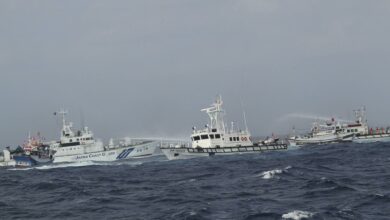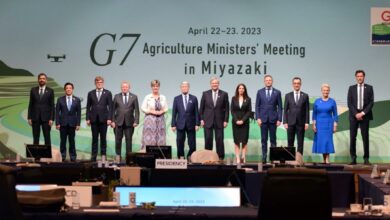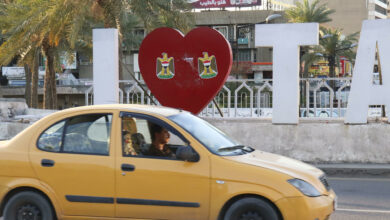Lazos de Agua reinforces mission to provide safe water in Latin America

Mexico City, Aug 25 (EFE).- The Lazos de Agua program, which promotes access to water in disadvantaged communities, is to redouble its efforts in Latin America after reaching the goal of providing access to the vital resource to 200,000 people in the region by the end of 2022.
“Although the current phase of the Lazos de Agua program continues, after reflecting on the expansion of the impact of this initiative in Latin America and the Caribbean, we have developed a proposal to launch Lazos de Agua 2,” said Ana Laura Elizondo, head of water security at the FEMSA Foundation, on the second day of World Water Week 2022.
The initiative, part of the Inter-American Development Bank (IDB), the FEMSA Foundation, One Drop Foundation, and the Coca-Cola Foundation, engages communities to create habits and action awareness to ensure the supply of water, sanitation, and hygiene services through art.
Moderating the panel “Enabling development through the power of water and art”, Elizondo also detailed that the second phase of the program would be based on lessons learned and collective intelligence from the first phase, which began in 2016.
The first initiative, through the One Drop Foundation’s “ABC for Sustainability” model and “Social Art for Behavior Change” approach, is currently being implemented in five countries – Mexico, Colombia, Guatemala, Nicaragua and Paraguay.
According to Lazos de Agua, there are more than 150 million people in Latin America without access to safe water, equivalent to seven out of every 10 people in the region, or a population size similar to that of Argentina, Chile, Ecuador and Peru combined.
By December 2021, the initiative had served more than 180,000 people with sustainable access to water in more than 250 rural and peri-urban communities in the five target nations. The art programs included puppet shows, plays and murals, among other activities.
During his presentation, Ernenek Duran, senior director of programs at the One Drop Foundation, pointed out that the situation of access to water is “more precarious” when focusing on sanitation, since 70% of Latin American households, that is, 450 million people, do not have access to adequate water management.
This, he said, “has a negative impact on the development of people and the environment.”
In addition, he explained that the rural sector has the same coverage deficiencies that the urban sector had 25 years ago.
“Whether in the cities or in the countryside, lower-income households are doubly affected, as they must spend many more resources to obtain water and mitigate the health impacts of consuming poor quality water,” he added.
Elizondo also stressed that Lazos del Agua provides training and courses to “expand our impact as much as possible, so that communities around the world break down barriers, close gaps and with them we can promote global development.
In this context, he invited people to take part in the online course “The social art for behavior change. Introduction”, which is free and is available in Spanish, English and French on the ircwash.org website. EFE
pbd/jsm/ppc/dmt/lap





